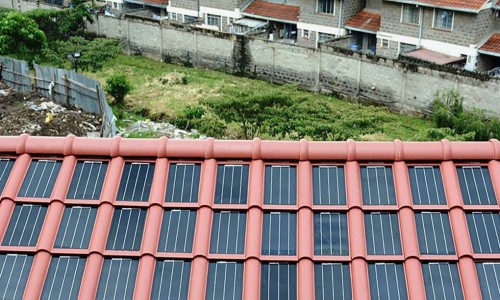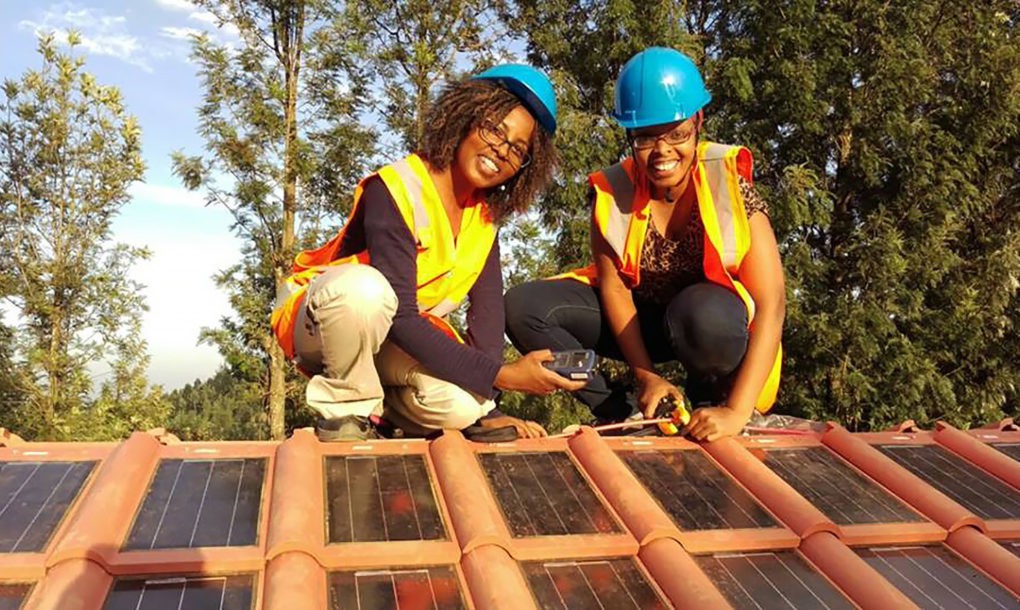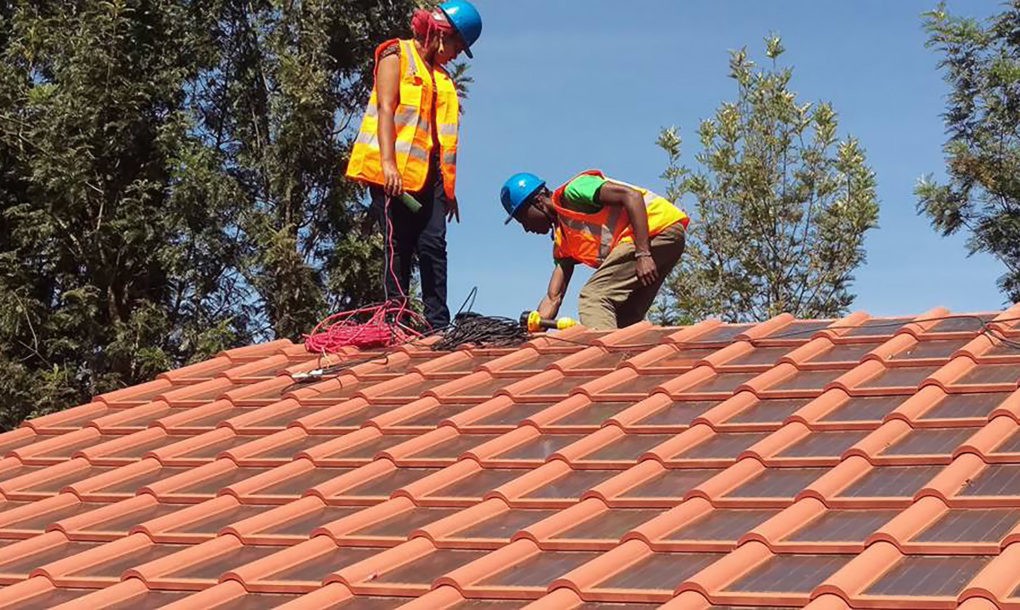RECOMMENDED VIDEOS

Billion Electric | The Future is Now | Energy Management
Billion Electric Co., Ltd.

CAMSS™ 20Q Shelter with Energy Saving Accessories
CAMSS Shelters

Yingli Solar Powers 8MW Kompleks Hijau Solar Plant in Malacca,…
Yingli Green Energy Holding Co., Ltd.

Snowy Hydro - The Business
Snowy Hydro Limited

Taiace Engineering : Total Energy Products For Building
Taiace Engineering Sdn Bhd
Related Stories
The largest solar farm apiary in the US opens this week
The City of London will be powered with 100% renewable energy by October 2018
New study suggests that plastic waste may be transformed into usable energy
Uravu’s zero-electricity Aqua Panels produce gallons of water from thin air
104% of Portugal’s electricity consumption in March came from renewable energy
25 Sep, 2017

Solar roof tiles help power this secondary school in rural Kenya
Renewable Energy & Energy Efficiency | KENYA | 01 Sep, 2017
Published by : Eco Media Asia
Schools in rural Kenya often suffer through frequent power outages, and energy from the national grid can be expensive. But solar roof tiles from Strauss Energy offer a cheaper, renewable alternative. At the 275-student Gaitheri Secondary School in Murang’a County, the reliable source of electricity has enhanced students’ performance since they can study at night, and allowed the school to give computer lessons.

Strauss Energy works to place building-integrated photovoltaics (BIPV) on structures, such as the solar roof tiles at the Kenya school. The tiles are intended for rooftops in place of solar panels, and provide a clean source of energy. Battery storage at the school ensures it receives power even on cloudy days and at night. Thanks to the solar roof tiles, Gaitheri Secondary School only pays around 1,500 Kenyan shillings, or about $14.50, a month, which the Thomson Reuters Foundation notes is essentially a fixed charge for access to power from the grid.
Teacher Jackson Kamau Kiragu told the Thomson Reuters Foundation they can now offer computer lessons, saying, “We’ve got 18 computers, but power was a challenge before Strauss Energy came on board.”

Organizations Christian Aid and the Pan-African Climate Justice Alliance commissioned a survey earlier this year that found only around 57 percent of Kenyans are hooked up to the grid, so there’s potentially a large demand for off-grid power. Strauss Energy Chief Operations Officer Charity Wanjiku said they aim to develop BIPV technology to take advantage of Kenya’s sunshine, which isn’t fully exploited.
She said while the technology may be expensive for homes – tiles cost between $20 and $250 each, based on their size – it’s optimal for schools, hospitals, or estate developers. Strauss Energy is researching ways to lower the cost of the solar tiles while boosting efficiency, and has plans to build a plant able to pump out 10,000 units every day.
Article from inhabitat.com
by Lacy Cooke
